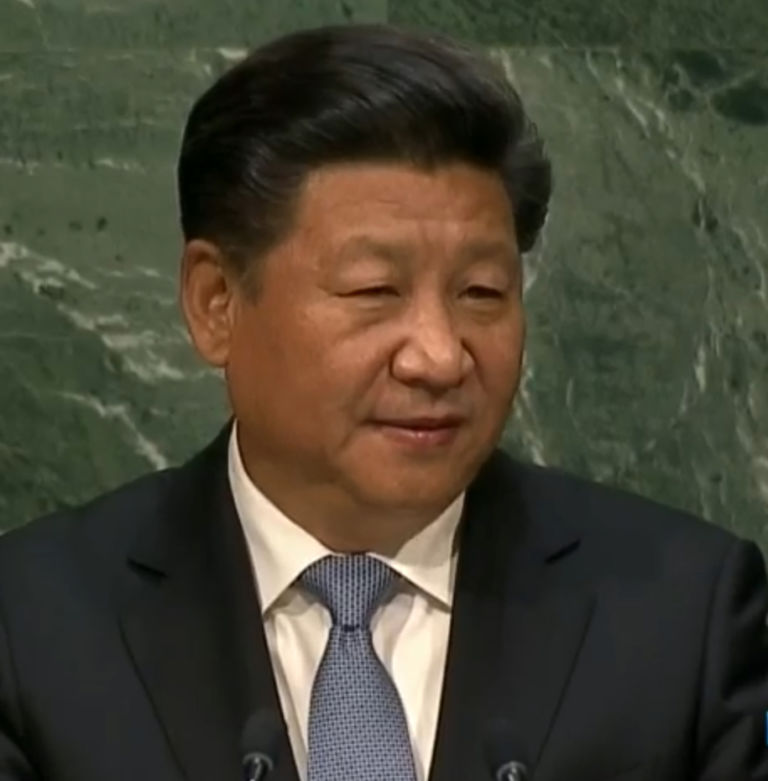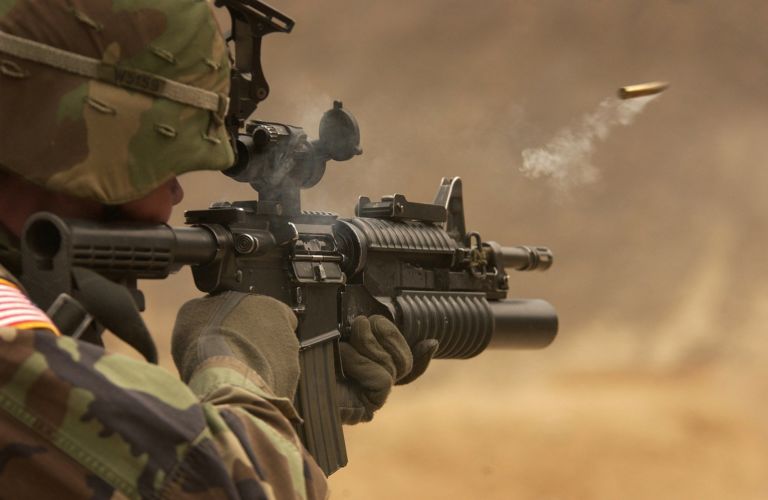To ease conflict in Syria—amidst a reported 5,000 civilian and 2,000 police and military deaths—the Arab League has sent in an observer mission. The hope is that this will bring at least some accountability to the actions of Syrian officials, and Russia Today had me on to discuss the effectiveness of that strategy.
While I don’t normally comment on foreign affairs, the situation in Syria and the counterproductive response from foreign officials, particularly those here in the United States, motivated me to write on the matter. That came in the form of a column with The Future of Freedom Foundation (republished in Counterpunch), and my main point was that sanctions were only going to worsen the plight of the Syrian people and prepare the way for war.
The latest turn of events, however, looks set to greatly improve the situation. Since the Arab League (with members from 21 Middle Eastern and African nations) has sent in observers, Syrian officials have released more than 700 imprisoned individuals. Additionally, conflict in the city of Homs, a center of confrontation, appears to have quietened, albeit precariously.
Only 50 observers have arrived, but 500 in total are scheduled for a full month. Already, though, those eager to overthrow Syria’s president, Bashar al-Assad—be that through internal rebellion or an invasion—are downplaying the legitimacy of the mission. They are particularly concerned with preliminary observations that the rebellion is heavily armed, far from a peaceful protest, and that the Syrian response has been less aggressive than media reports have portrayed them.
My response, from Russia Today’s article:
Fergus Hodgson, policy advisor with US-based The Future of Freedom Foundation, told RT that the Arab League mission is in a better position to assess the situation in Syria than any other international players.
He pointed out that given the large number of Arab League observers the mission can provide a greater deal of transparency. “How can you conceal anything from 500 people over a [full]-month period of time?” he asks.
Hodgson also argues that the Syrian regime realizes that it is under great pressure from the international community and faces possible intervention. “Whenever the Syrian government takes action to constrain or hide things from that group, they will undermine the very effort and make themselves look foolish,” he said. “So it is in their interests to make this Arab League investigation transparent and with a clear outcome as well.”


